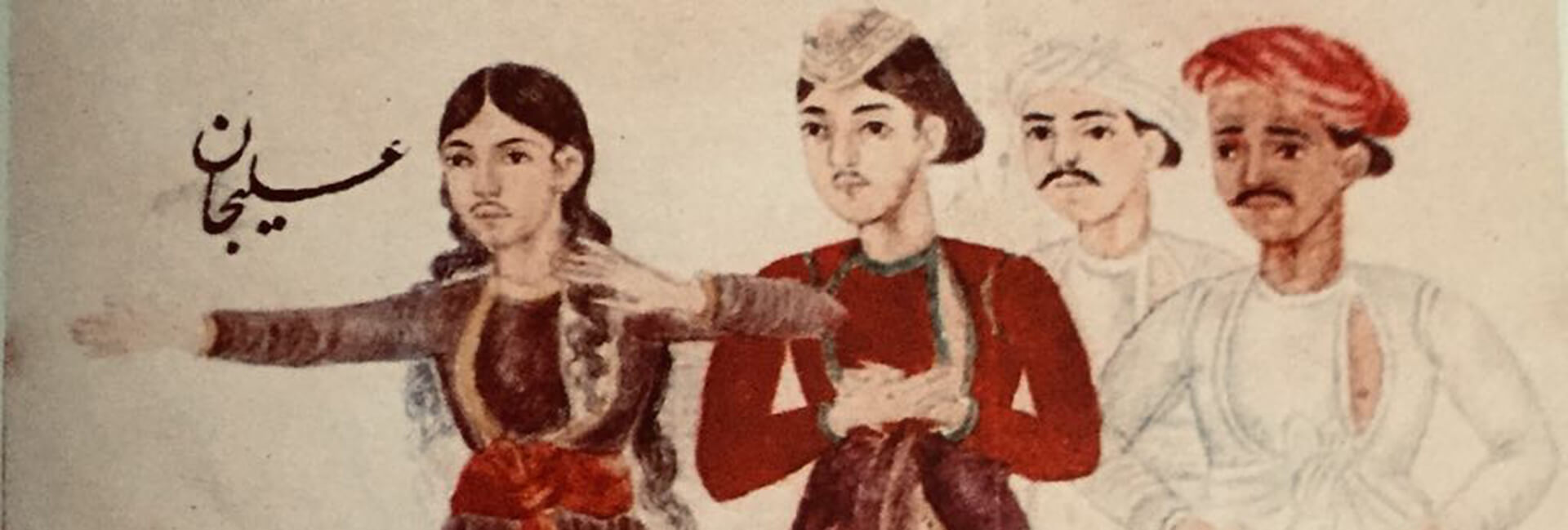Dr. Razak Khan presents a paper on the relationship between Muslims and music as articulated by a variety of actors in the age of Hinduization and the Nationalization of Music in colonial India. How did Muslims respond to this process? Were they marginal to these histories and, if so, in what ways did they articulate histories and developed visions of being musically Muslim? His paper looks into these questions and others by examining a variety of materials ranging from unpublished manuscripts, published books, speeches and reports: the locus being Rampur princely state. He will first discuss the historic legacy of Rampur library as a site of a rich manuscript collection and preservation, especially on music as well printing texts on music to rethink the role of Muslims and music in colonial India. Moving beyond the focus on princely patrons, the paper will also examine the role of musicians, courtesans and subaltern transvestite performers. He will also attempt to map the musical geography that centers on Rampur but encompasses the small towns of Bilsi, and Sahaswan as well as colonial cities like Bareilly, Lucknow, Calcutta and Bombay to help us rethink the role and space of the princely state in our understanding of musical modernity and cultural reform in colonial India.
Dr. Razak Khan is a Research Fellow at The Erlangen Centre for Islam and Law in Europe (EZIRE), Friedrich–Alexander University Erlangen–Nürnberg. He studied Modern Indian History at the University of Delhi and was awarded a DPhil from the Berlin Graduate School Muslim Cultures and Societies (BGSMCS), Freie Universität, Berlin in 2014. Subsequently, he was a postdoctoral fellow at the Centre for the History of Emotions at the Max-Planck-Institute for Human Development, Berlin and Research Fellow in the Modern India in German Archives project in the History Research Group at CeMIS, Göttingen University. He has edited a special issue of the Journal of the Economic and Social History of the Orient 58(5) (2015) and is completing a book Minority Pasts: Locality, Histories, and Identities in Rampur for Oxford University Press.
Presented by The Mohindar Brar Sambhi Endowed Chair in Indian Music.
